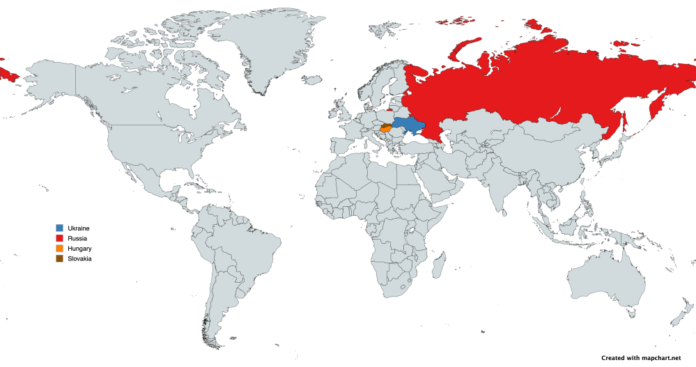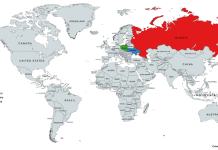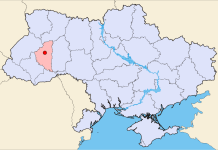
Russian oil deliveries to Hungary and Slovakia through the Druzhba pipeline were halted Monday after what Hungarian officials described as a Ukrainian strike on a transformer station. The stoppage highlights the vulnerability of Europe’s remaining links to Russian crude as the war in Ukraine continues.
Hungarian Foreign Minister Peter Szijjarto announced the suspension on social media, calling it an attack on the country’s energy security. He said he had spoken with Russian Deputy Energy Minister Pavel Sorokin, who told him specialists were attempting to restore operations, though there was no estimate for when supplies might resume.
Slovakia’s state pipeline operator, Transpetrol, confirmed the halt but noted that the cause lay outside its territory. The company said that once flows are restored upstream, transit through Slovakia would continue as planned.
Ukraine has intensified strikes on Russia’s energy infrastructure in recent months, targeting facilities that fund Moscow’s war effort. Earlier in August, Kyiv said its forces had hit an oil pumping station in Russia’s Bryansk region, temporarily disrupting supplies. A similar attack in March briefly suspended shipments through Druzhba, which was built during the Soviet era and remains one of the world’s longest crude networks.
Kyiv has not directly confirmed involvement in the latest incident. Foreign Minister Andrii Sybiha wrote on X that Hungary should take its complaints to Moscow rather than Kyiv, emphasizing that Russia began the war and continues to prolong it. Sybiha added that Hungary had been warned for years about the risks of depending on Russian energy.
Hungary is one of the few European Union members that continues to rely heavily on Russian crude. Most EU states have moved to diversify energy imports since the invasion of Ukraine in 2022, but Budapest has kept its dependence on Druzhba, which transports oil through Belarus and Ukraine before branching toward Hungary and Slovakia. According to Russian government data, Hungary received nearly 95,000 barrels per day through the line last year.
Hungarian oil company MOL sought to calm concerns, stating that regional supply remains assured despite the halt. In an emailed response, the firm said restoration work was underway and that once the damaged station was repaired, deliveries would resume.
The timing of the disruption coincides with diplomatic maneuvering in Washington, where U.S. President Donald Trump was scheduled to meet Ukrainian President Volodymyr Zelenskiy and several European leaders. Trump has pressed Kyiv to consider terms for a peace settlement with Moscow, though no details have been released.
Hungary’s position has long been at odds with much of the EU, as Prime Minister Viktor Orbán has maintained political and economic ties with Russia. Critics argue that this stance leaves Hungary exposed to disruptions like the one experienced Monday, while supporters insist that energy security requires keeping Russian oil in the mix.
For Slovakia, which also draws crude from Druzhba, officials said supply within its borders was not currently threatened, but they acknowledged that prolonged outages could force adjustments.
As engineers work to repair the transformer station, questions remain about whether further Ukrainian strikes will again interrupt the flow of Russian oil to Central Europe. For countries still reliant on the line, the incident underscores how quickly the conflict can affect daily energy needs.
Blue = Ukraine
Red = Russia
Orange = Hungary
Brown = Slovakia
Image is licensed under the Creative Commons Attribution-Share Alike 4.0 International license and was created using MapChart (https://mapchart.net).







